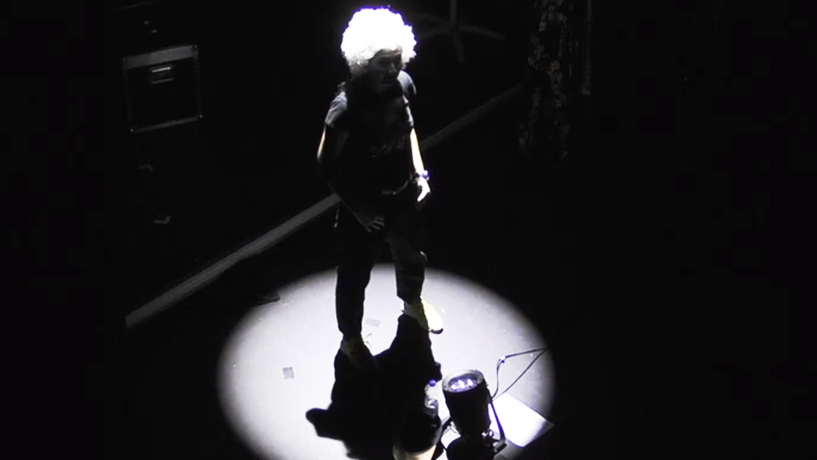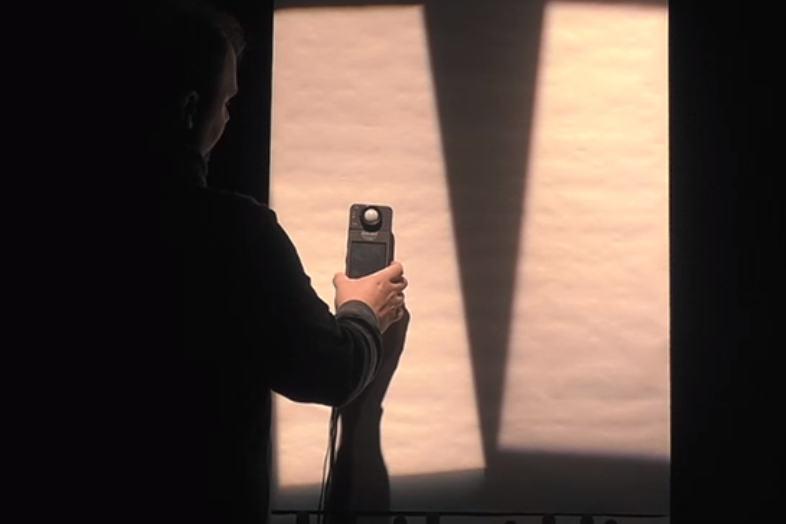Event management companies have been unable to provide services for over a year, and students can scarcely find internship placements, which are necessary for obtaining practical experience and completing the accompanying final theses. 'Corona,' says the professor, 'has put everything to the test, including our profession. But life often changes suddenly, as my appointment shows,' says the doctor of engineering, who has primarily worked in the area of electrical engineering.
'Virtually no other sector has such diverse applications'
Liedtke's focal area, lighting, is actually well suited to such disruptive changes. Lighting technology has undergone a significant transformation in the twenty-first century: From the lightbulb to energy-efficient LED lights, 'virtually no other sector has such diverse applications,' she says. Numerous disciplines are connected via the topic of light, such as architecture, design, medicine, biology, astronomy and of course the media techology professions such as those taught by HAW Hamburg in the Media Technology and Media Systems courses. 'Light,' says Liedtke, 'is a cross-cutting skill that can be applied everywhere.' And it is exactly this range of opportunities that she wants to convey to the students during their studies. 'This is why we newly appointed professors bring a big network with us, which is open to students for them to gain practical experience.'
Great need for education regarding lighting technology in buildings
One example is lighting in buildings. There is a great need for education here, especially in terms of sustainability. 'In my work as a lighting expert in the construction sector, I have seen how high-quality lighting systems that can actually last for 20 years are taken down again after two years because the renter has changed. This is a problematic approach to resources, and the planning here has to be different and more sustainable right from the beginning.' The topic of sustainability is also important to her in other ways. The brackets for lighting systems are made from aluminum, and LED lights contain rare types of earth from China. 'We have to include the subsequent costs of the premature disposal of lighting systems in the overall costs and look at the entire production lifecycle. The textile industry has already demonstrated how to do this; the lighting sector is still lagging behind.' This is a task Professor Liedtke is happy to tackle. 'I am going to integrate the issue of sustainability into my curricula.' This reorientation of courses, for the events sector as well, is therefore important to her. The same applies to light pollution: 'Unfortunately, light has also contributed to the dying off of insects.' She also views our dependence on China for the production of LED lighting as problematic.
Innovation is the solution
Even though the pandemic has hit the media technology sector especially hard, the lighting expert nevertheless predicts a strong future for her industry. 'Large companies and small and middle-sized enterprises are currently having to reposition themselves. A transformation process is underway that will certainly cost some companies their survival but will also generate innovation and solutions. That's the good news. What is important is to stay agile and responsive, and to continually adapt the area of activity.' The topic of light is also central to the gaming industry. 'I am looking forward to collaborating with my new colleagues here at HAW Hamburg. I can easily apply my background in light simulation here.'
'Light is a cross-cutting skill.'

Practice exercise in the light laboratory at the Faculty of Design, Media and Information.

But until the students are allowed to come back and hang and test spotlights in the studio themselves, Liedtke has developed a digital laboratory experiment together with the light lab's academic staff member, Fabian Oving. Thanks to the dedicated work of staff and light tutors, the project took shape quickly and easily. Now the students can control brightness, colour and effects from their computers at home, and see the outcome live via studio cameras. 'It doesn't replace real practical work, but it's a good way to practice a little before everything starts up again,' says the professor.
Text: Katharina Jeorgakopulos
Contact
Faculty of Design, Media and Information (DMI)
Department of Media Technology
Prof. Dr.-Ing. Carolin Liedtke
carolin.liedtke (at) haw-hamburg (dot) de
